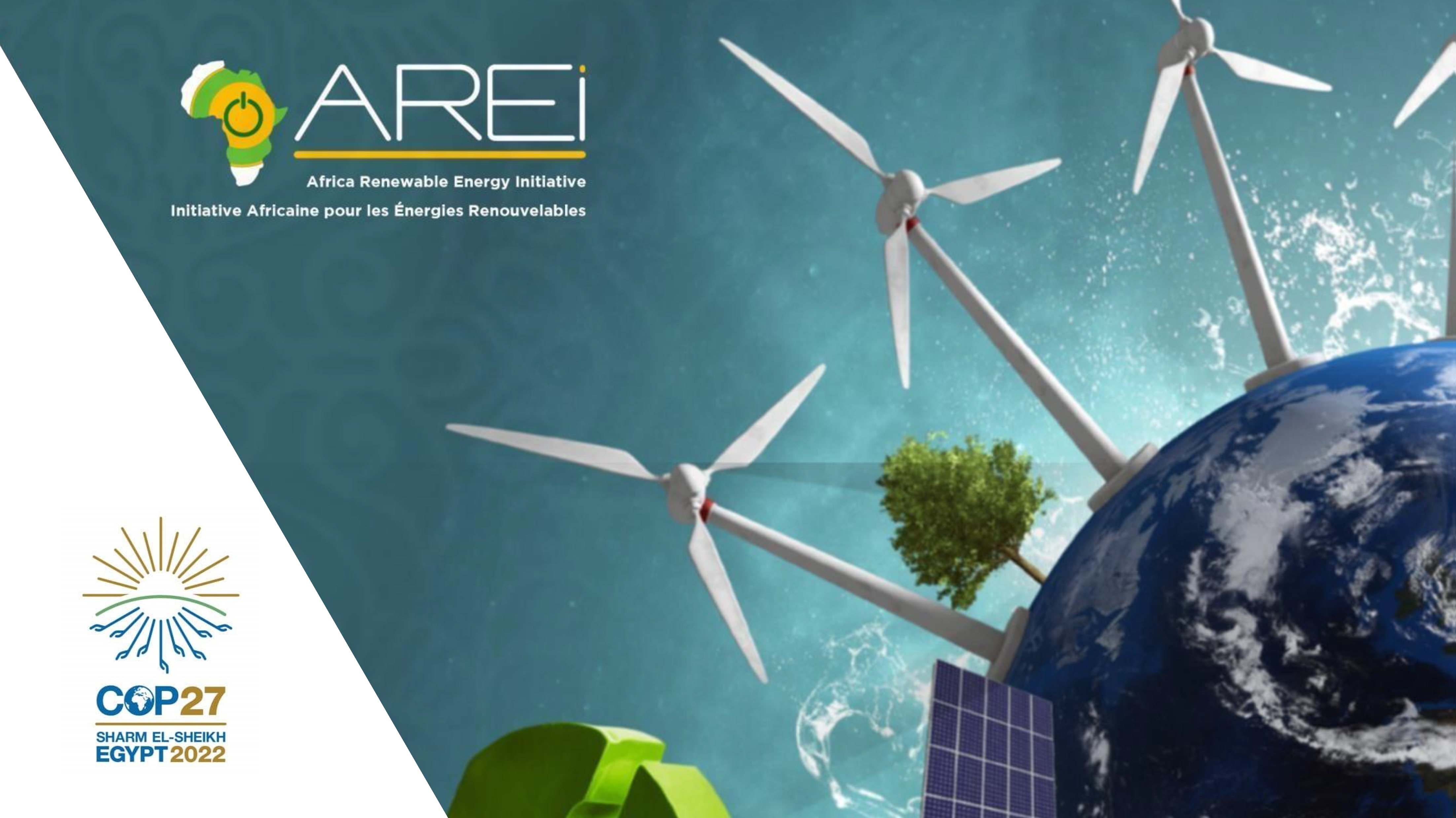COP27: Rethinking African Energy Governance to Drive a Renewables-Based Energy Transition

Renewable energy solutions can facilitate the decentralisation and deployment of energy to the most remote areas of Africa while at the same time reducing the impact of climate change. Nevertheless, to achieve energy access for all Africans with renewable technologies in a cost-efficient way, will require a new way of approaching energy governance on the continent.
This was one of the main arguments made by Dr Augustine Njamshi, Coordinator, African Coalition for Access and Sustainable Energy, on 11 November during the event ‘How renewables in Africa support climate change and save the planet’, organised by the Africa Initiative on Renewable Energies (AREI), in cooperation with the Pan-African Climate Justice Alliance (PACJA).
The discussion, which took place at the sidelines of COP27 in Sharm El-Sheikh, Egypt, explored how effective action against climate change requires an increase in investments in renewable energy. The session was moderated by Mr Eugene N. Nforngwa, Senior Expert, Just Transition and Energy Access at the Pan African Climate Justice Alliance.
Dr Njamshi, furthermore pointed out that the consequences of the Russian invasion in Ukraine on energy and the heightened focus on fossil fuels to resolve the short-term energy crisis is troublesome for both Africa and Europe. Dr Njamshi underlined renewable energies are the appropriate solution. He noted that with increasingly robust technologies, access to renewable energies is becoming affordable.
Mr Johan van den Berg, Head of Secretariat, Africa-EU Energy Partnership, stressed the urgent need to accelerate access to low-carbon energy solutions in Africa, but also the need to find a balance between the short- and the long-term energy demand on the continent. Mr van den Berg said that to facilitate a good energy transition in Africa, there should be a synergistic collaboration between the international institutions and all the actors involved.
Mr Simbini Tichakunda, AUDA-NEPAD, highlighted that the African energy transition started in the 1990s, but that it has been insufficient in relation to the objectives pursued. He also spoke about the regional energy imbalance on the continent, but added that Africa has an enormous, unexploited potential, that can be tapped into by increasing investments into the production of renewable electricity. This would allow not only for Africa to be self-sufficiency but also to export and this way bring synergetic solutions to economic and energy poverty.
Mr Rashid Ali Abdallah, Executive Director,AFREC, summarised that Africa has 70% of the world’s solar resources but only 1% of installed capacity and talked about how to flip this reality. According to Mr Abdallah solutions include innovative financing, reducing the cost of financing for availability and affordability of renewable energies, the establishment of an adequate logistics system to link production centers to cross-border demand centers and inter-African technology transfer. Furthermore, local production of innovative technologies to produce renewable energies will be key for success.
Dr Jauad El Kharraz, Executive Director of the Regional Center for Renewable Energy & Energy Efficiency (RCREEE), added the potential of green hydrogen in Africa to the discussion and invited partners to work more on the various risks that renewable energies present. He stressed that the more risks are controlled, the easier it will be to obtain financing and the easier the energy transition will be to achieve.
Read more about the AEEP’s participation at COP27:





